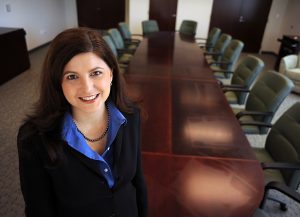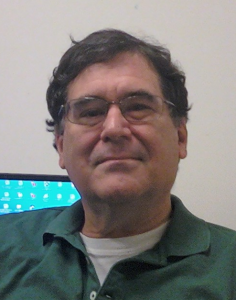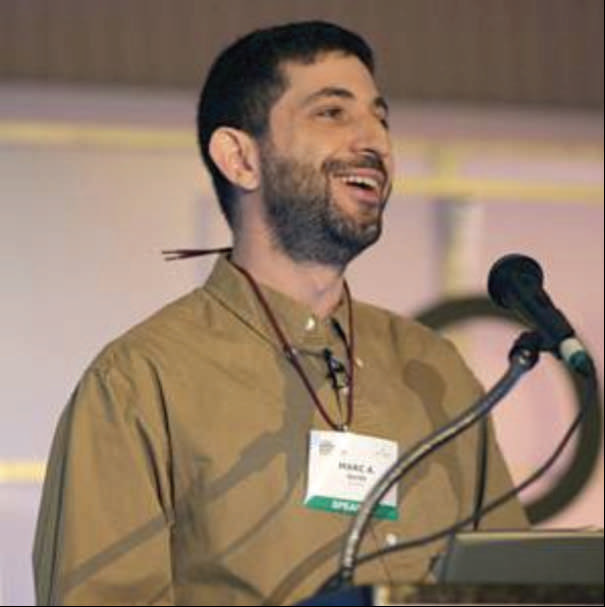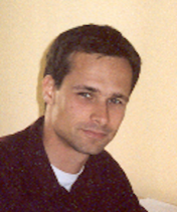Leslie DeChurch, University of Central Florida “Collaboration within and across teams: Leadership forms and network structures” Friday, November 19, 2010.
University of Central Florida “Collaboration within and across teams: Leadership forms and network structures” Friday, November 19, 2010.
Organizations are restructuring into collaborative work systems because they offer the ability to address complex problems by combining expertise distributed across business functions, knowledge specialties, geographic locations, and organizational boundaries. Often times the goals these systems face are complex and multifaceted requiring multiple distinct teams to coordinate their efforts and compile information for decision making distributed across a network of teams. The current study explores the structural contingency theory prediction that collaboration is a function of alignment between the form of leadership and structure of communication network. Ideas were tested in a sample in 80, 6-person networks tasked with performing a laboratory pc-game-based humanitarian aid task. Leadership form and communication network structures were manipulated, and effects on socio-cognitive networks, teamwork processes, and multiteam effectiveness examined.
Professor DeChurch’s research program explores what makes effective team leaders, how teams successfully collaborate across boundaries, and how leadership and team dynamics are sustained in virtual organizations. Professor DeChurch is currently Principal Investigator on “Building functionally collaborative infrastructure in virtual organizations” (NSF), and “Leadership in complex network environments” (Army Research Institute).
[line]
Collaboration Within and Across Teams
[line]





